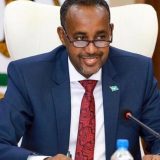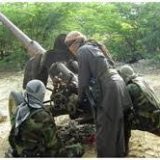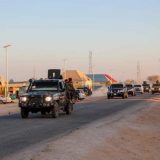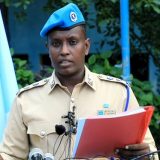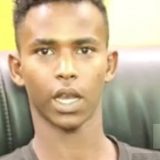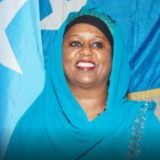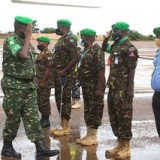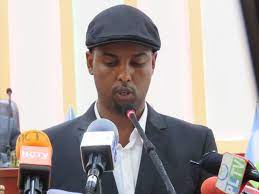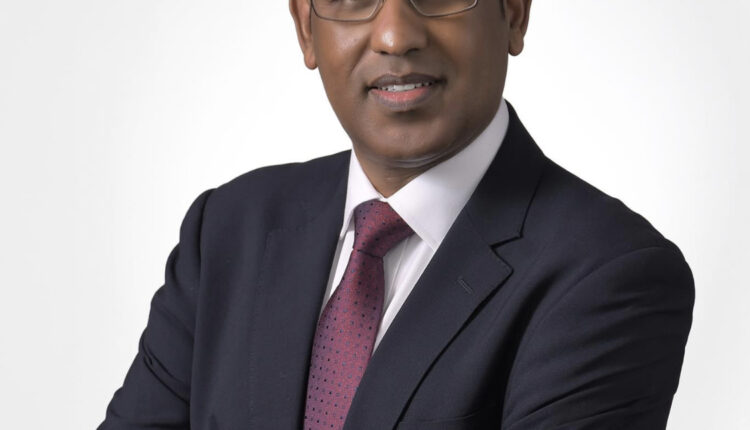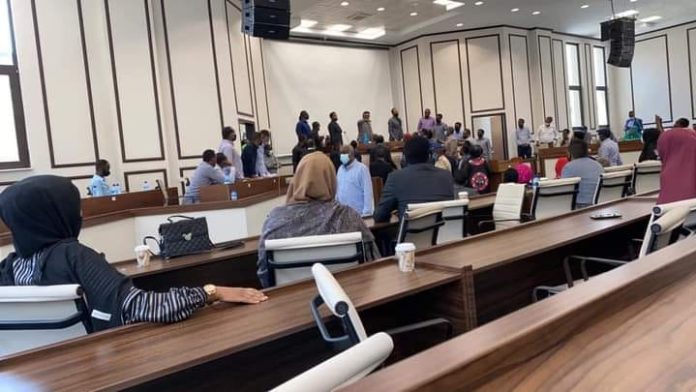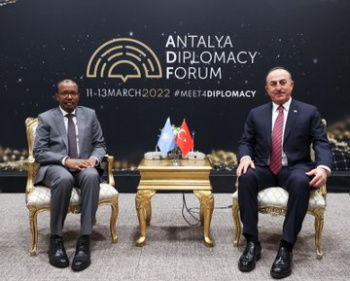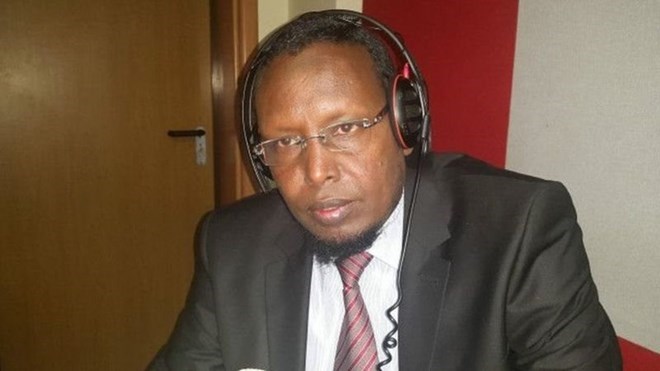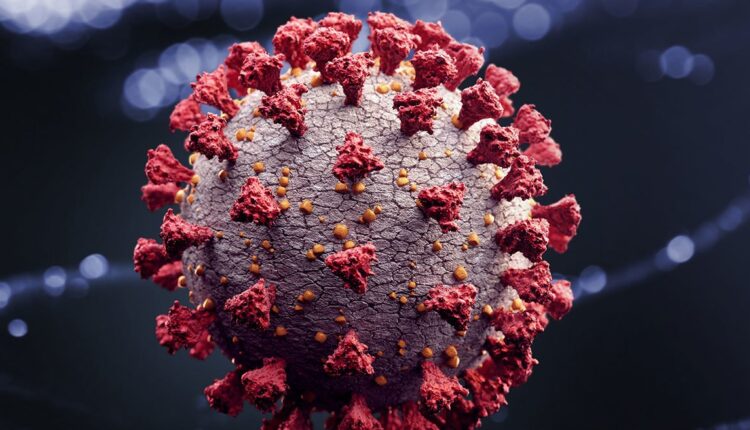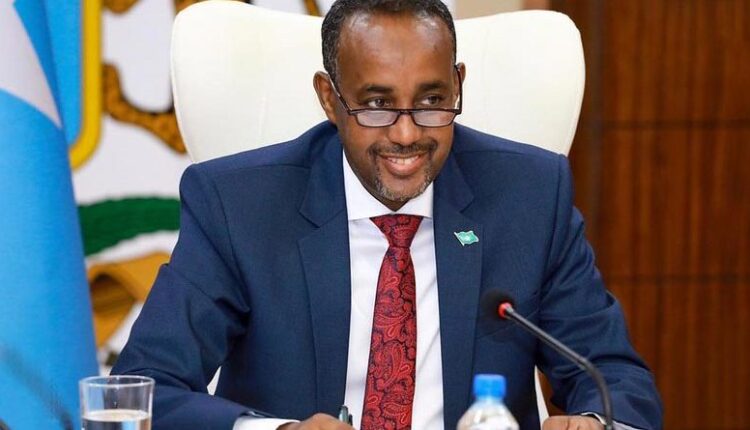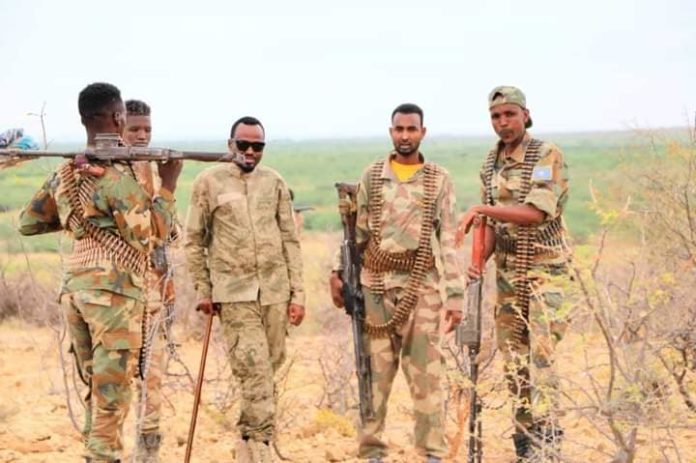Four People Killed, Houses Burnt In Renewed Somali-Oromo Clashes
At least four people were killed and several others wounded after ethnic clashes reignited between Somali and Oromo communities in Ethiopia.
The clashes started on Saturday after groups both communities simultaneously torched houses along the border between the regional states of the communities.
Reports say over 250 houses have been burned by the cross attacks as thousands of residents living alongside the border have fled their homes in fear of reprisals.
According to the local media, militiamen loyal to both communities have engaged in deadly clashes in the countryside leading casualties on both sides.
Militia attacks
The states of Somali and Oromo communities share nearly 900 miles-long porous border.
Residents living in Hararghe and other border areas said dozens of militiamen armed to teeth with different rifles attacked pastoral families living near the border.
Nearly 40 schools near the border remain closed since the cross-border attacks last week.
Ethiopia is under a six-month-long state of emergency, which was declared in February ostensibly due to fear of inter-ethnic clashes. The emergency decree was supposed to protect civilians and restore peace and stability following years of unrest.
The measure specifically called for the deployment of the federal army in conflict hotspots along the Somali-Oromia border.
It also forbids local police and armed militias from operating near the common border.
Accusations
The local administrations from both sides have been trading accusations of the conflict.
Mohamed Osman Ali, a local Somali chief near Deka town blamed Oromo militias for the displacement of hundreds of families near the border.
“Armed Oromo men attack villagers near Somali-Oromo border and razed house leading displacement of over 1000 families.
The administration of Oromo has failed to stop the deliberate attacks by the militias from their side and this caused further destruction and loss of lives,” said Ali.
In an interview with the state-run Oromia Broadcasting Network on Saturday, Dr. Negeri Lencho, the spokesperson for Oromia State, acknowledged the ongoing conflict, as well as the loss of lives on both sides and the destruction of properties.
He also noted that certain forces continue to secretly supply the Liyu police with weapons reinforcement without specifying.
Calls for peace
Activists, local leaders, elders, and officials have called for peace and urge both states to lead dialogue to resolves the differences.
In his first official act following with his inauguration on April 2, Ethiopian Prime Minister Abiy Ahmed traveled to Jijiga, the Somali state capital, to defuse ethnic tensions and later on to Oromia state.
The leaders vowed to end the attack on civilians, initiate communal dialogue and help resettle those displaced in the 2017 violence.
Yet armed incursions and cross-border raids continue to occur in many parts of both states.

